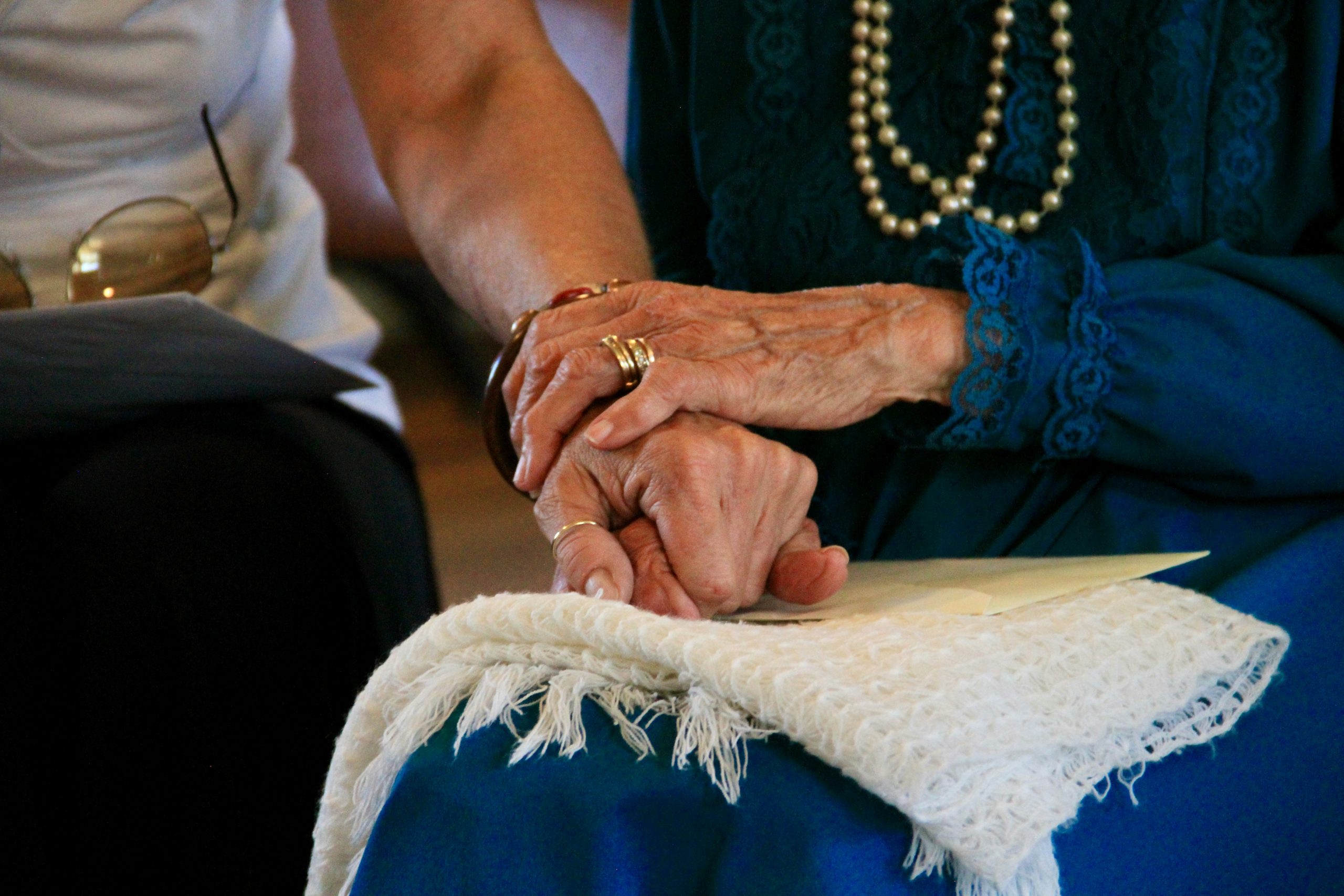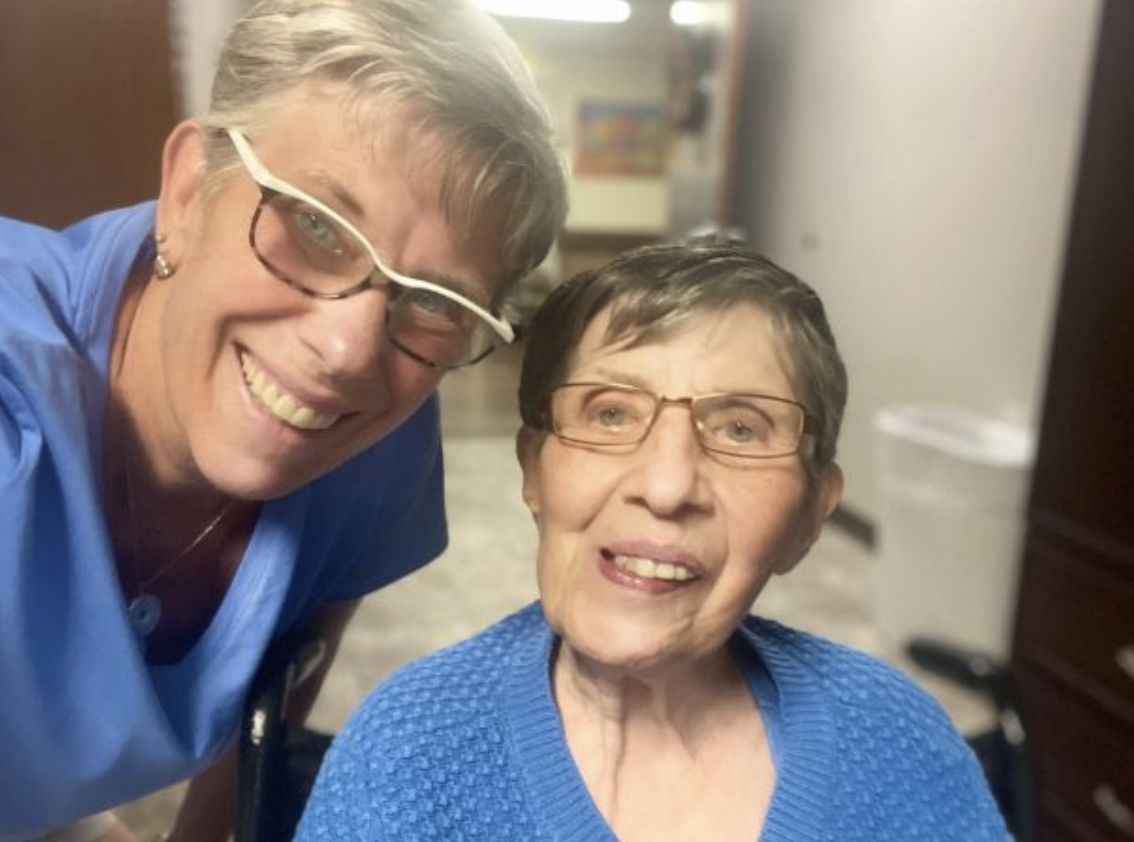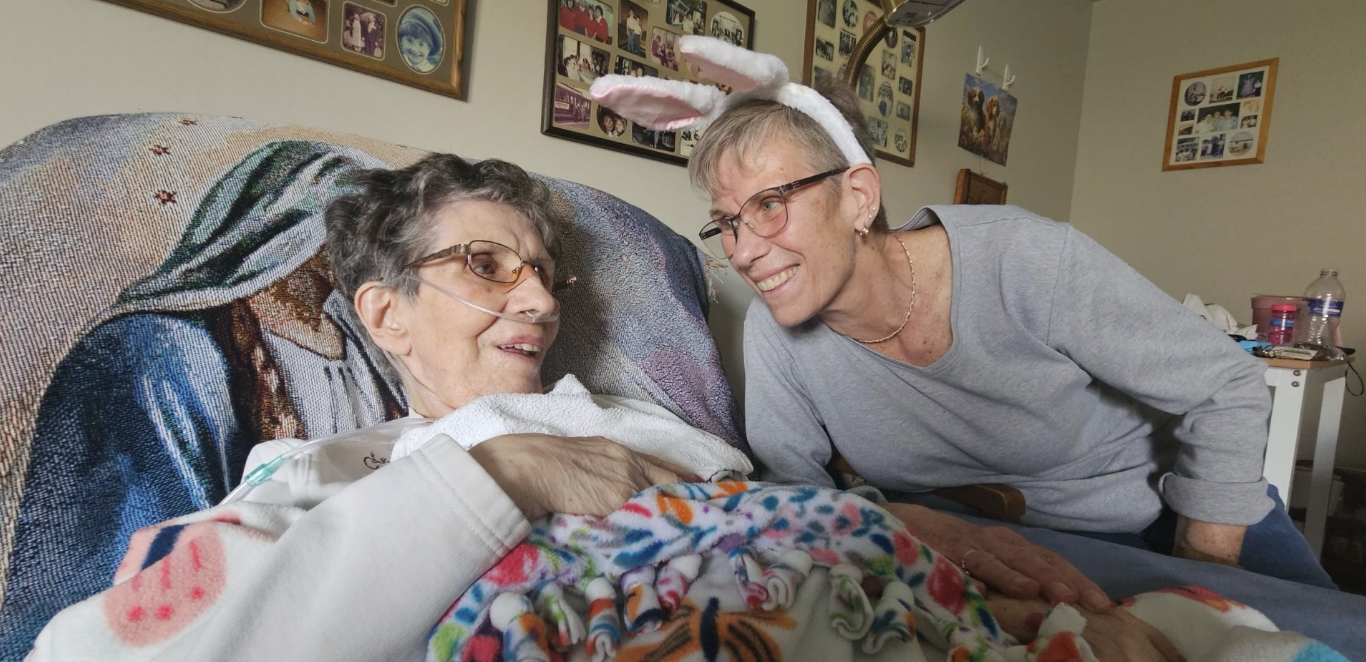Support for Caregivers
When someone you love is changing,
the way you communicate has to change too.
Caring for someone with cognitive decline, whether it’s Alzheimer’s, dementia, or another condition, can be one of the most disorienting and emotional experiences you’ll ever go through.
One day you’re helping them with errands or meds. The next, you’re answering the same question for the fifth time. Or watching them forget your name. Or struggling to get through a simple conversation.
It’s not just hard, it’s heartbreaking.
And yet, you’re still expected to show up. Calm. Kind. Patient.
Even when you’re exhausted. Even when they get angry. Even when it feels like you’ve lost the person you love.
What I Want Every Caregiver to Know…
Most caregivers I work with say some version of:
“I just don’t know how to talk to them anymore.”
But here’s the truth:
- Their brain is changing.
- They’re not trying to be difficult.
- And you’re not a bad caregiver.
You just need a new way to connect.
I’ve Been Where You Are…
Our conversations became foggy, emotional, and sometimes painful.
I had to relearn how to communicate with her and that meant going back to the science and using everything I knew in a brand-new way.
The result?
- A more peaceful relationship.
- Fewer fights.
- And small, beautiful moments of connection I’ll treasure forever.
Support that Meets You Where You Are
You don’t need a long list of things to do.
You need relief.
Reassurance.
And tools that work in the real world.
Your caregiving journey deserves support.
Let this be your first step.
Here’s How I Can Support You on Your Caregiving Journey
I offer workshops, live trainings, coaching,
and practical guidance resources
designed specifically for caregivers.
The Caregiver’s Starter Kit: A 3-Part Workshop to Learn What No One Tells You About Communication and Dementia
We’ll cover:
- What’s really happening in your loved one’s brain
- Why their behavior isn’t personal—even when it feels that way
- How to shift your communication to make conversations easier and more meaningful for both of you
You’ll walk away with tools you can use immediately—and a little more space to breathe.
Upcoming Dates:
January 15, 22, and 29. 8:30 – 10 AM
April 13, 20, and 27, 6:00 - 7:30 PM
Free Guide
for Caregivers
From Frustration to Connection:
2 Essential Mindset Shifts for Communicating with a Loved One in Cognitive Decline
In this short, powerful guide you’ll learn:
- How to respond with empathy, even when emotions run high
- Why your loved one’s behavior isn’t personal (and what’s really going on in their brain)
- Small mindset shifts that bring real relief







